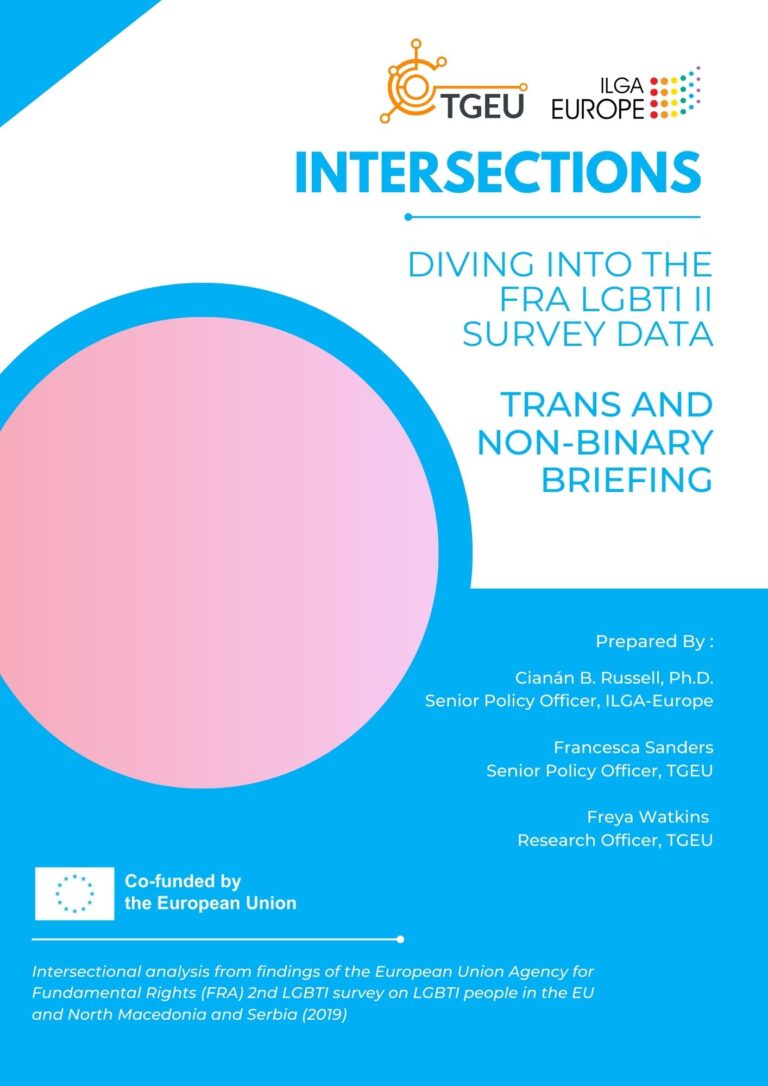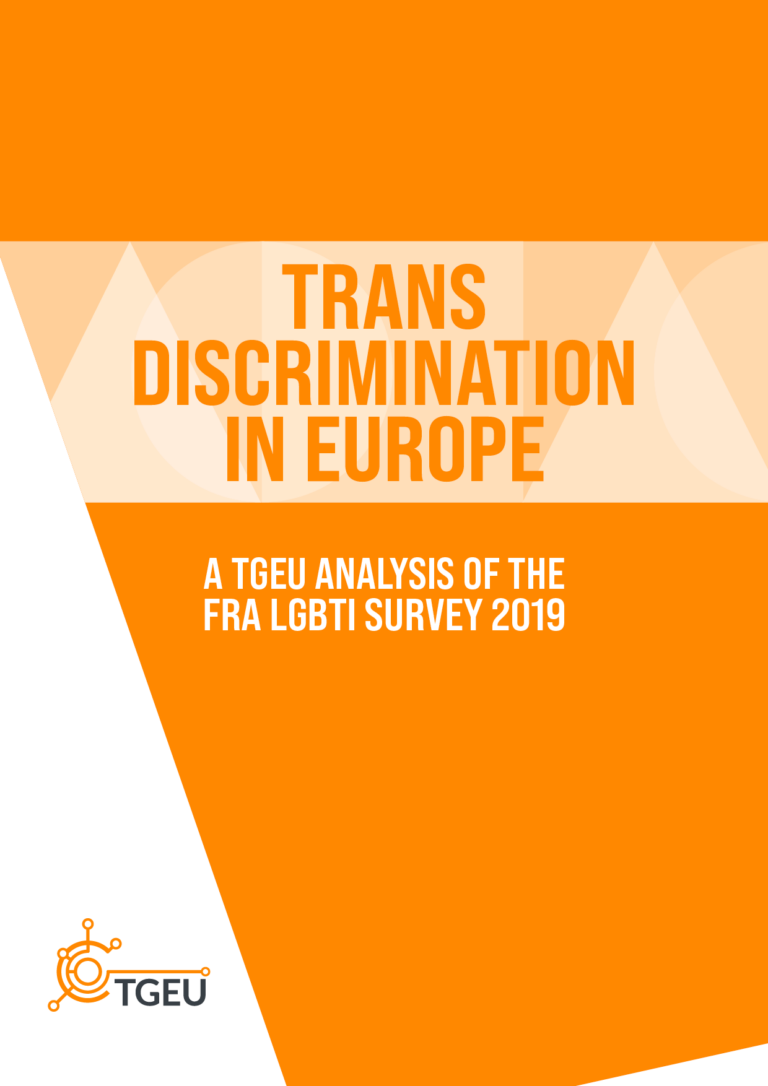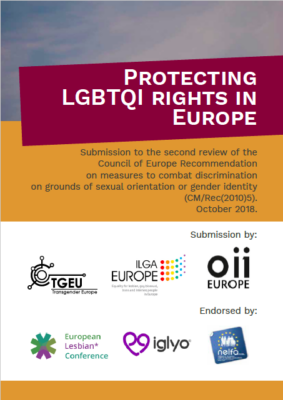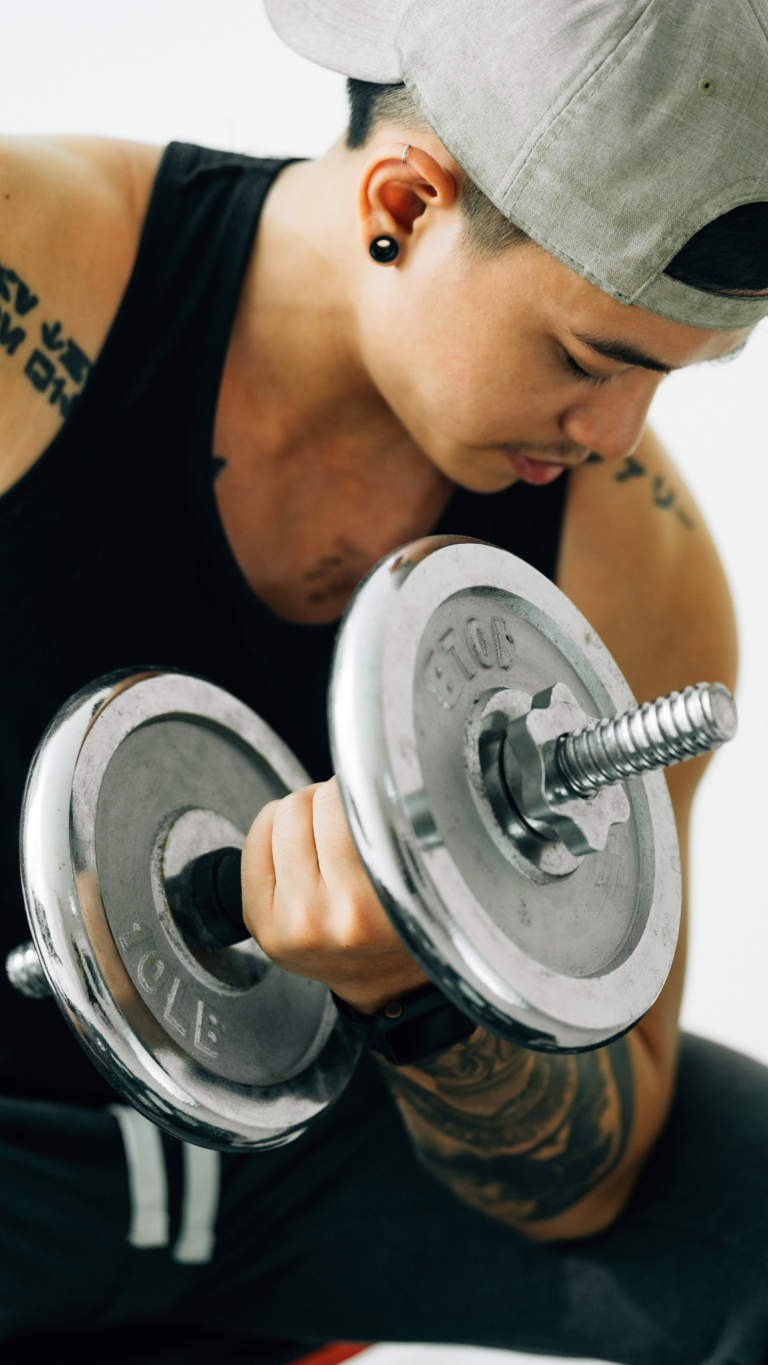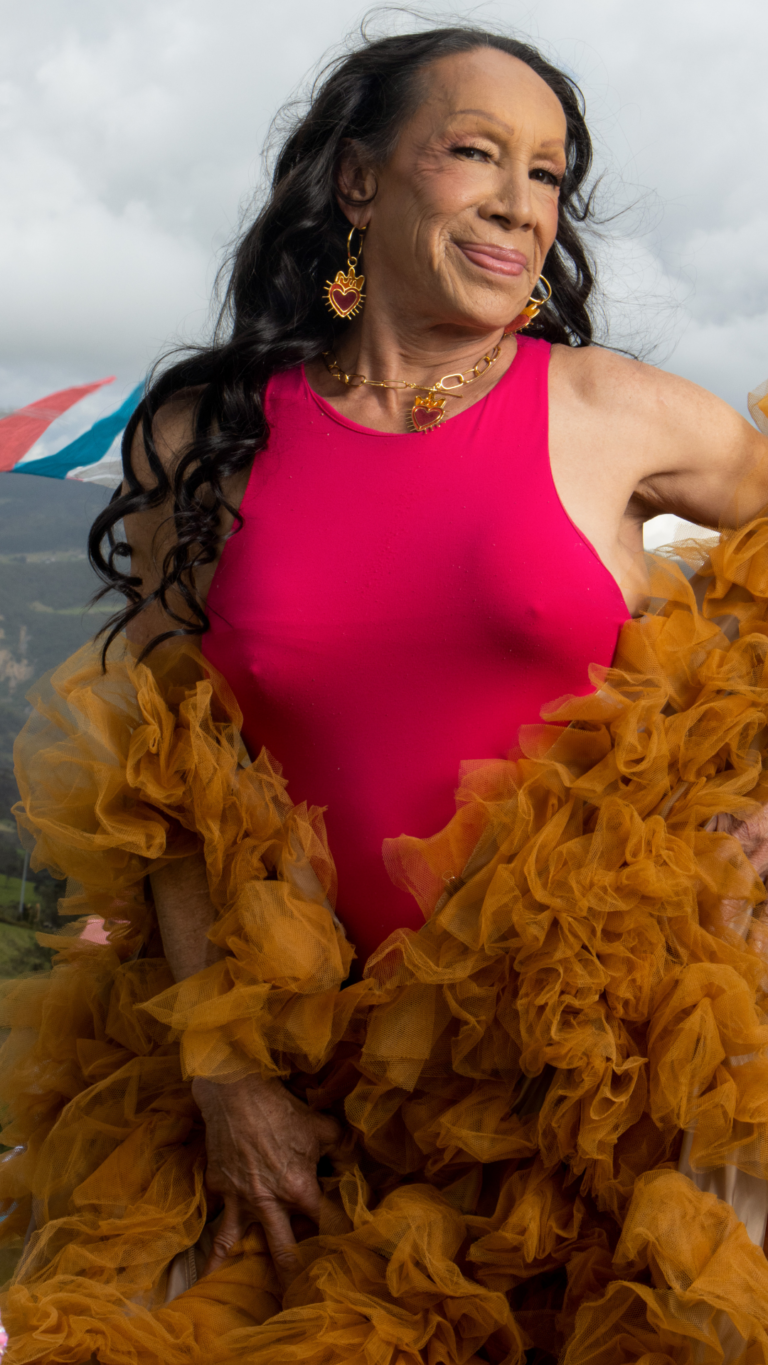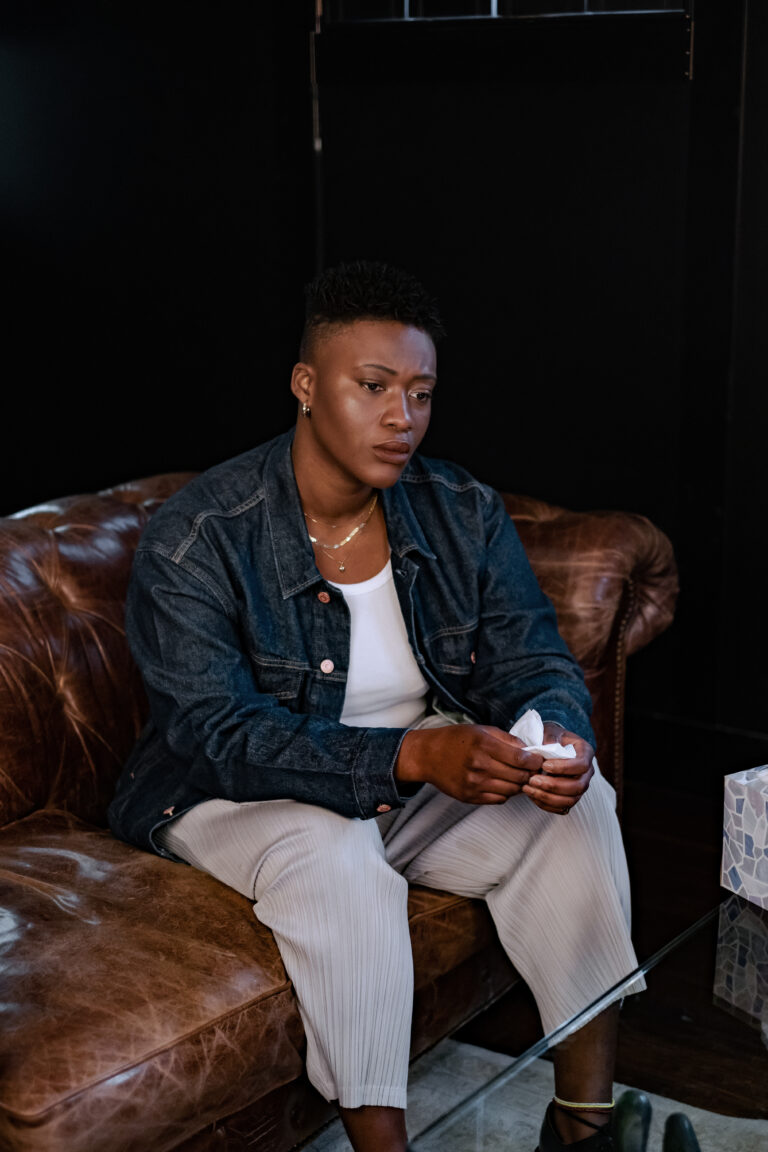Non-discrimination

Trans people are still disproportionately affected by discrimination. This can be discrimination at school, work, or access to goods and services, such as certain shops.
TGEU works for full equality of trans people. We do this by advocating for explicit protection from discrimination in all spheres of life.
What type of discrimination do trans people face?
Transphobia shows us how anti-trans sentiments enter our daily lives. When these views are turned into action, it can be considered discrimination. For instance, it’s discrimination if you are denied services by a business based on your trans identity.
Discrimination can take place in many different settings. Several areas where it is common to see legal protections are:
- Employment
- Healthcare
- Education
- Goods & services
- Housing.
Why is it important to protect both gender identity and gender expression?
Discrimination due to transphobia can affect both trans people and people who are perceived as trans. For the latter, this is regardless of whether or not they actually identify as trans.
It is important to protect all people from discrimination. Having both gender identity and gender expression explicitly protected can achieve this.
What does TGEU do?
Anti-discrimination protections are needed at every level. We campaign for non-discrimination measures on the basis of both gender identity and gender expression. We also fight for protections in all spheres of life. This ranges from employment and education to healthcare, and beyond.
We are working to get a strong commitment from the EU and the Council of Europe to fight discrimination against trans people. This helps ensure that all Member States adopt these protections.
We also collaborate with trans activists to strengthen protections at the national level.
Main information
Press
see more articlesTrans Rights at the UN: Activists and States Chart Ways Forward
read moreTrans Advocacy Week 2021: Trans Activists at the UN Human Rights Council
read moreNew Interactive Maps Depict Situation for Trans Persons Worldwide
read moreTrans Rights Map 2015 Reveals Lack of Protection and Recognition
read moreResearch
see more articlesTrans Media Guide: A Community-informed, Inclusive Guide for Journalists, Editors & Content Creators
read moreTGEU Releases Progress Report on the EU LGBTIQ Equality Strategy 2020-2025
read moreTrans Rights Map 2022 Reveals Slow Comeback of Progress on Trans Rights
read moreLegal Actions
see more articlesRussia Declares the LGBTI Movement “Extremist”: International Support Urgently Needed
read moreTen Years in Prison for Working for a Non-Profit: Proposed Kyrgyzstani ‘Foreign Representatives’ Bill
read moreEU Commission Proposals on Equality Fails Trans People
read moreTGEU Urges the Serbian Government To Support EuroPride
read moreManifesto for Inclusive Gender-based Violence Law
read moreTrans Rights Organisations Support IE SOGI Report on Gender: Trans Advocacy Week 2021
read moreHuman Rights Groups Call for Uzbekistan to Decriminalise Same-sex Relations
read moreTGEU Welcomes First EU LGBTIQ Equality Strategy
read more
